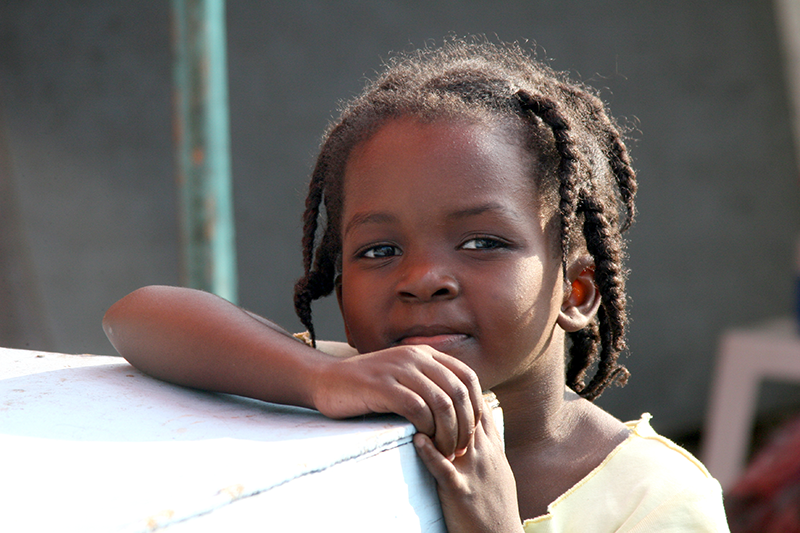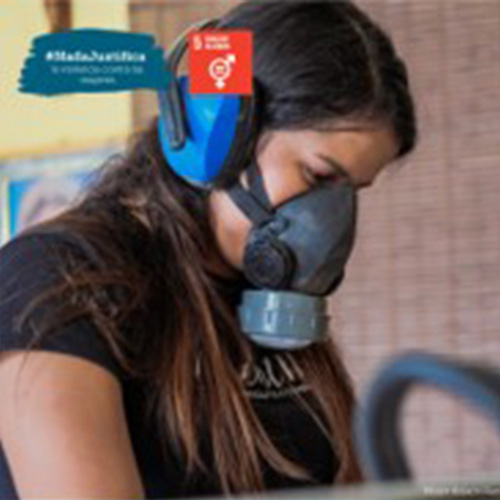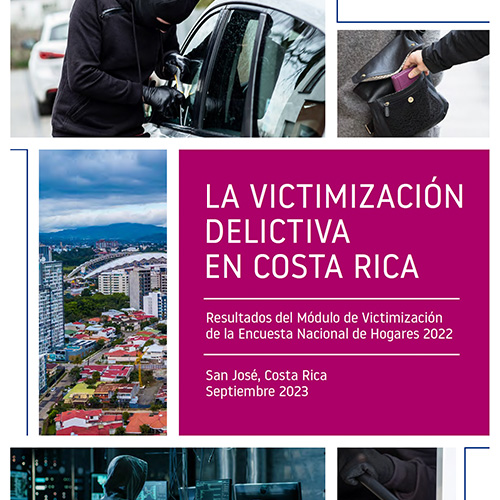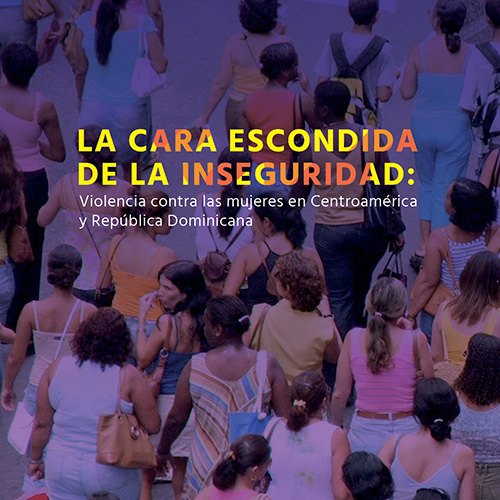- Who we are
- What we do
- Our impact
- Countries
UNITED
TO END
GENDER-BASED
VIOLENCE

Evert 25 November is the commemoration of the International Day for the Elimination of Violence against Women, a call to action against a silent pandemic that persists throughout the world. This date also marks the start of a global campaign, the 16 Days of Activism, which concludes on 10 December, International Human Rights Day. The theme is “UNITE! Invest to prevent violence against women and girls”. Civil society and all UN agencies continue the fight against a scourge that was exacerbated after the COVID-19 pandemic.
862
Women victims of femicide/feminicide in Central America and the Dominican Republic in 2022 according to InfoSegura data.

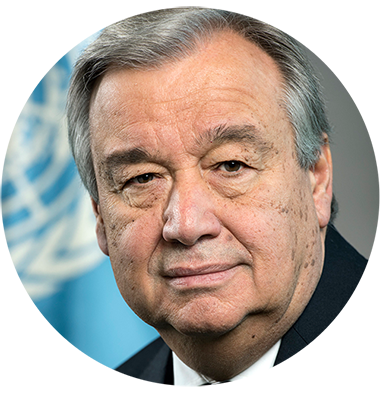

 Let us raise our voices firmly to defend women's rights. Let us say with pride: we are all feminists. And let us relegate violence against women and girls to the history books," ,
Let us raise our voices firmly to defend women's rights. Let us say with pride: we are all feminists. And let us relegate violence against women and girls to the history books," ,
António Guterres, UN Secretary-General.
TYPES
OF VIOLENCE
AGAINST WOMEN AND GIRLS + UNDP ART
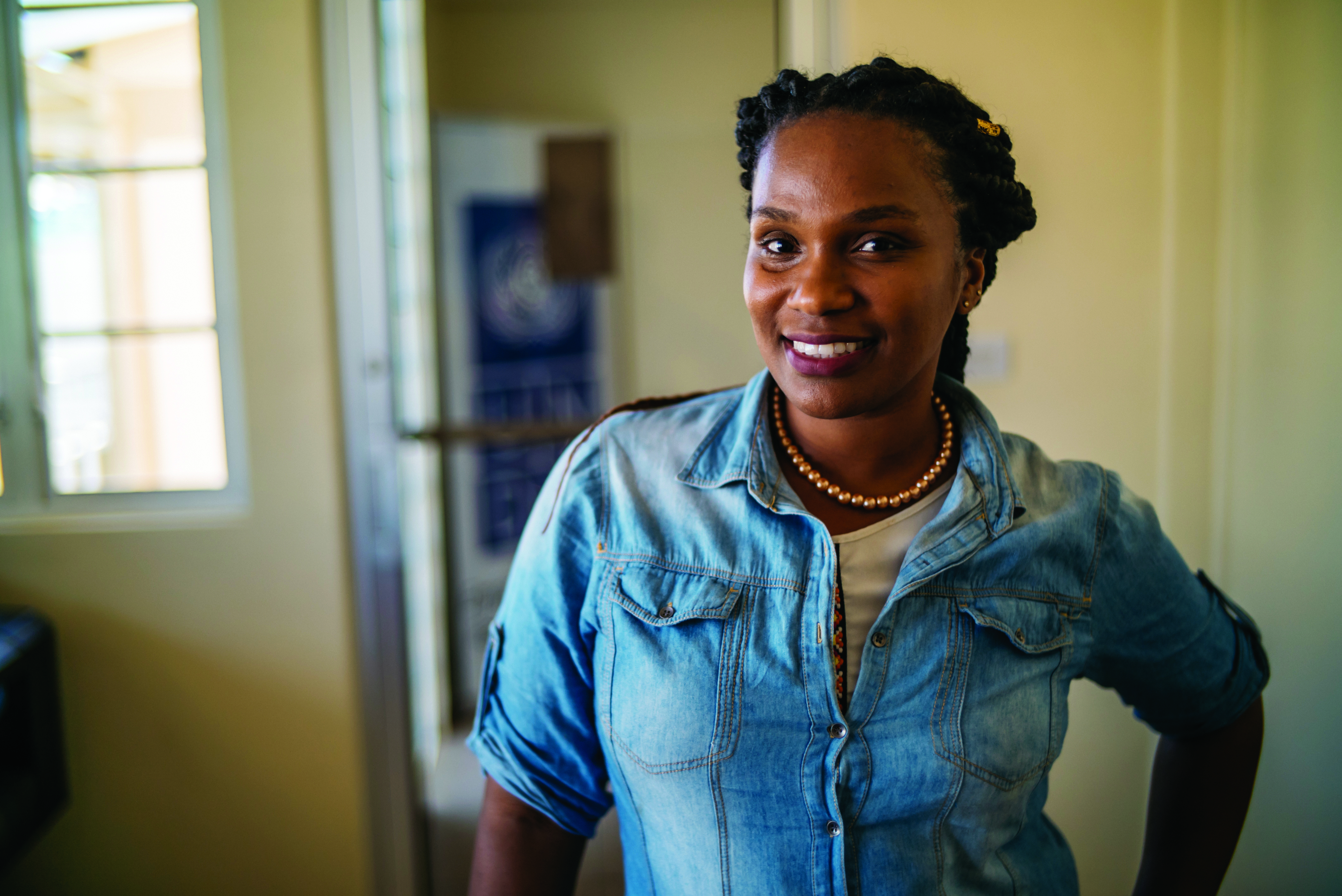
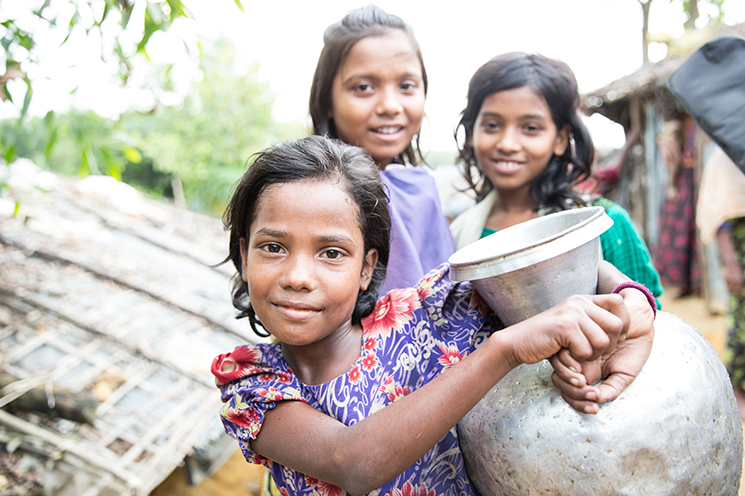
Economic violence
It involves actions to make another person financially dependent by exerting absolute control over his or her economic resources, preventing access to them and prohibiting him or her from working or attending school.
Emotional violence
It includes undermining someone's self-esteem through constant criticism, belittling their abilities, insulting or subjecting them to verbal abuse, damaging family relationships or preventing contact with friends.
Physical violence
Manifestations include attempts to cause harm through hitting, kicking, burning, physical and psychological aggression, denial of medical attention or coercion to consume substances, and even damage to property.
Psychological violence
The intent is to instil fear through intimidation, threats of physical harm to the victim, the victim's children or pets, psychological abuse or forced isolation from friends, family, school or work.
Sexual Violence
Involves forcing a person to participate in sexual acts without their consent. For more details on sexual violence, see the corresponding section.
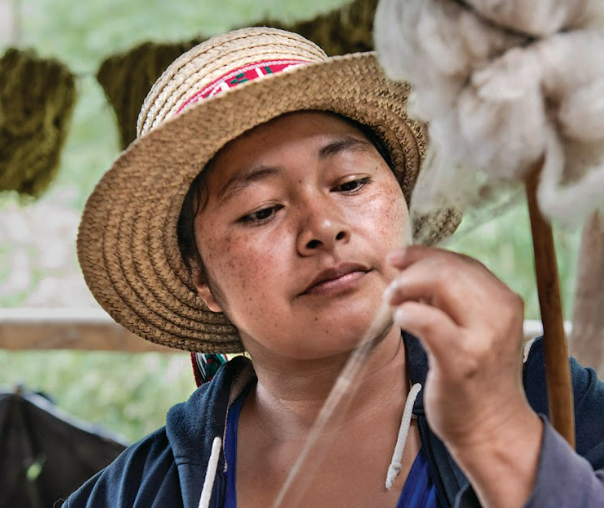
Most acts of violence are
perpetrated by by husbands or by current or former partners.
There are
640 million women
affected (amounts to 26% of the total).
According to InfoSegura, intrafamily violence in Central America
and the Dominican Republic declined in one year, from 10,178 crimes in 2021 to 7,019 in 2022 -30%
In order to contribute to the objective of the 16 Days of Activism,
InfoSegura is carrying out several national initiatives
focused on the fight against violence against women and girls.

Belize
A forum will be held on the importance of data in decision making and providing information and guidance to victims of domestic violence.
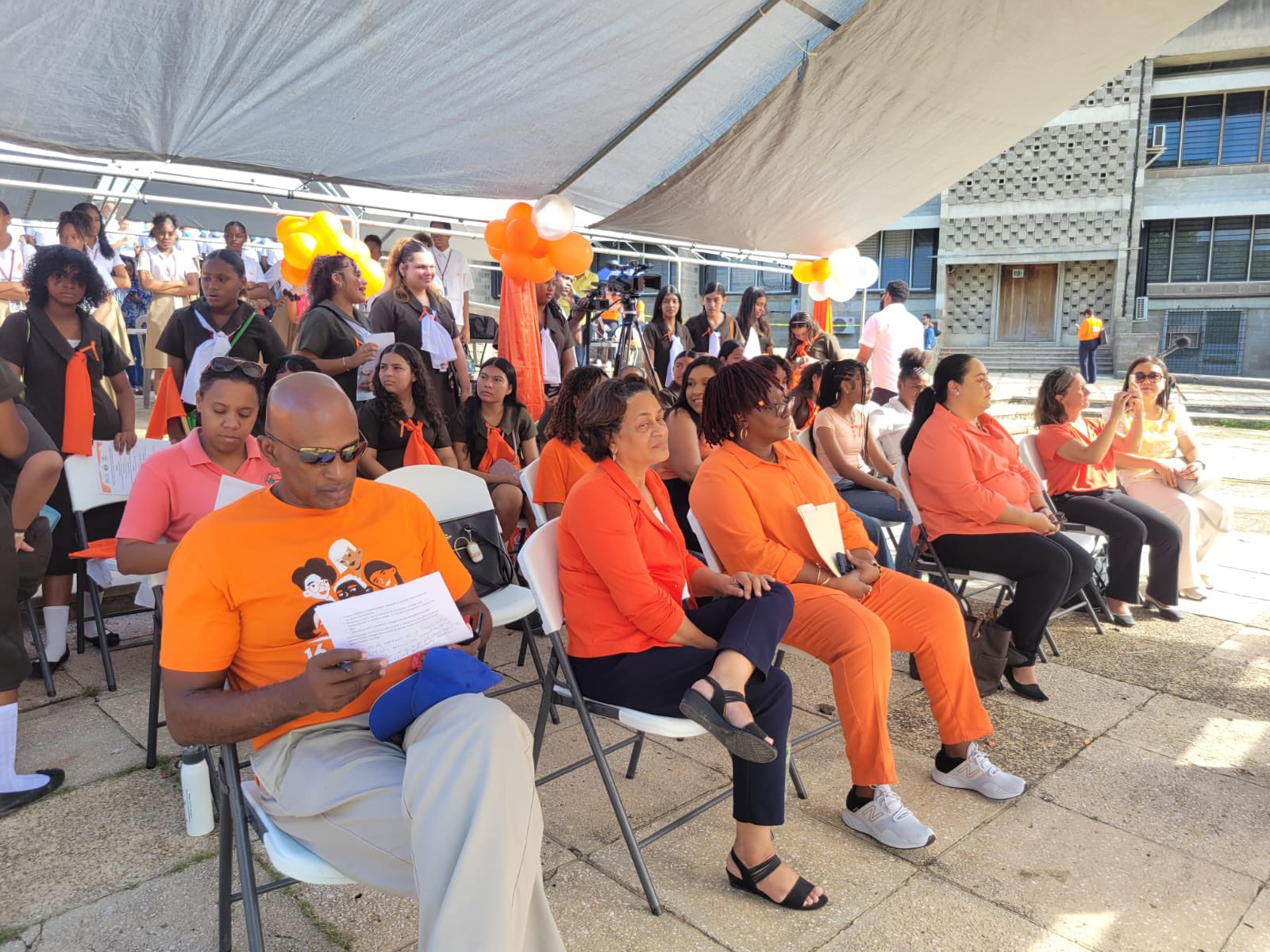
Honduras
Launch de la National Specialized Survey on Violence against Women and Girls, on different types of violence against women and girls. Awareness campaign on social media y digital news outlets.
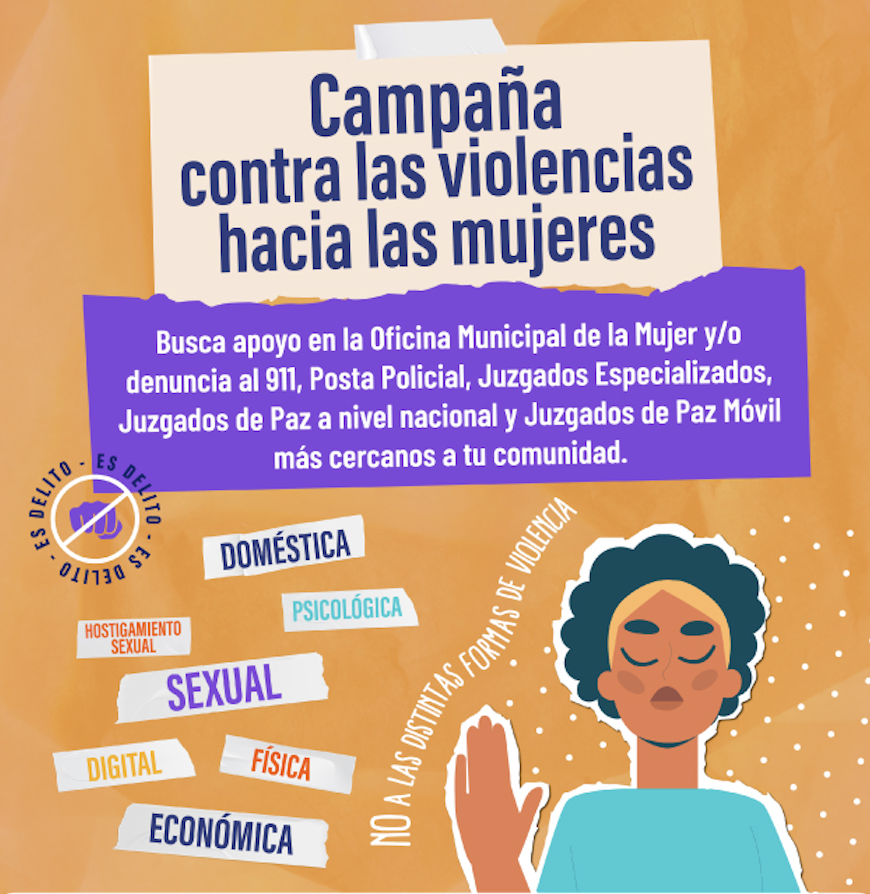
The Dominican Republic and Guatemala
Awareness campaign on social media y digital news outlets.
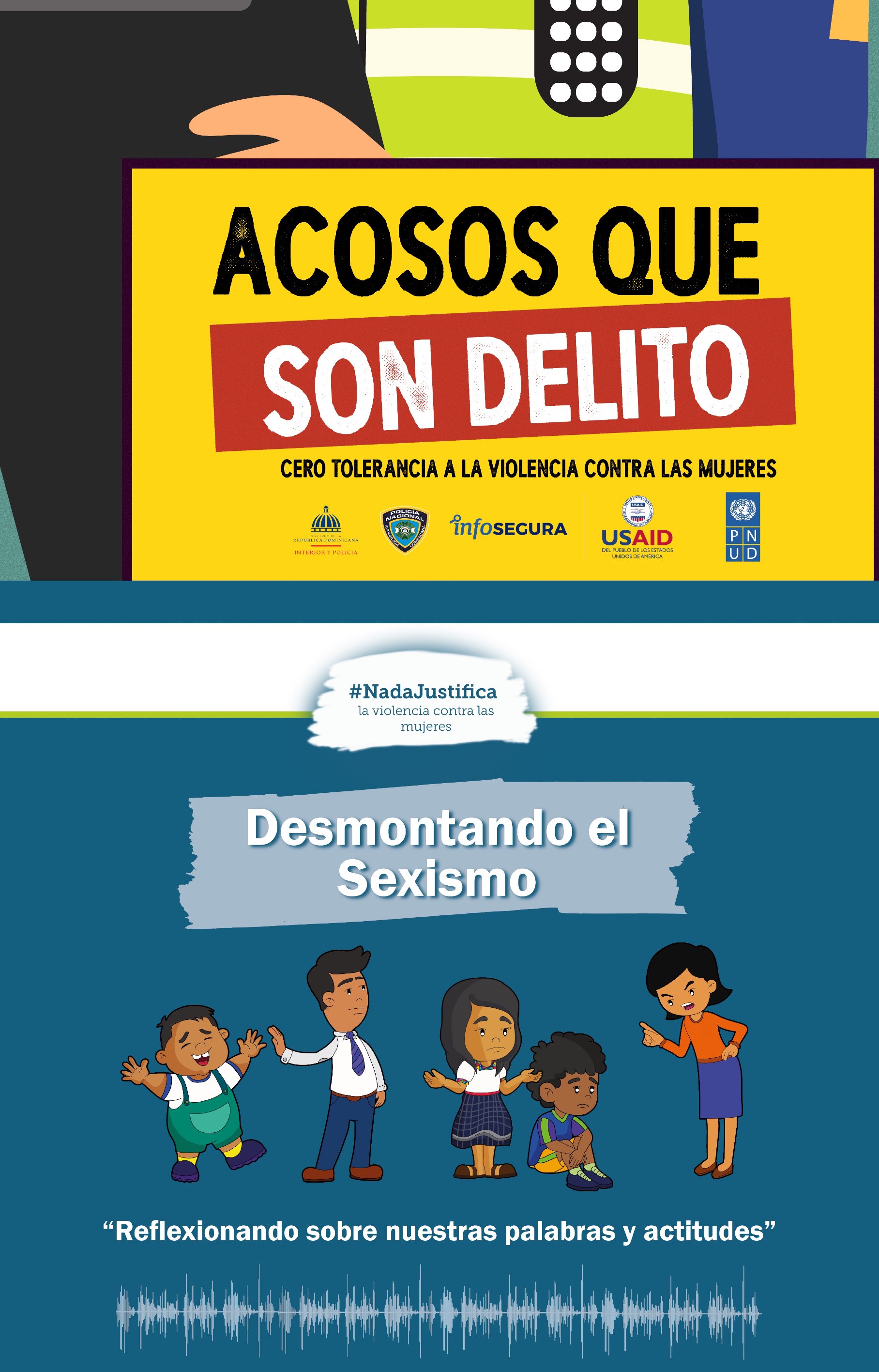
Costa Rica
Panel to discuss social autopsies as a technical tool and approach for femicide prevention. Unveiling a work of art as part of the national "Those no longer here" campaign. Presentation of the results of the Unified System for the Statistical Measurement of Gender-Based Violence (SUMEVIG).
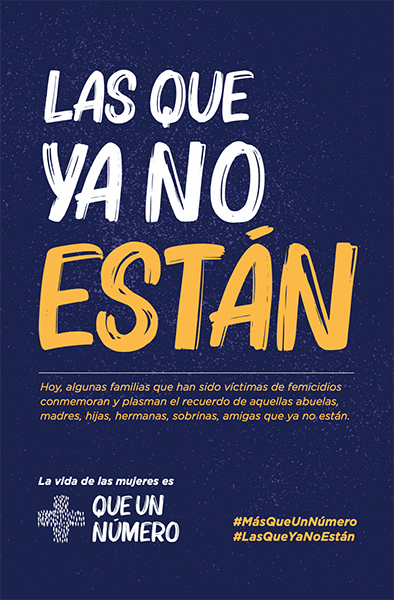
Gender-based violence
is any act that causes physical, sexual or psychological harm to women, including threats, coercion or deprivation of liberty, whether in public or private life.
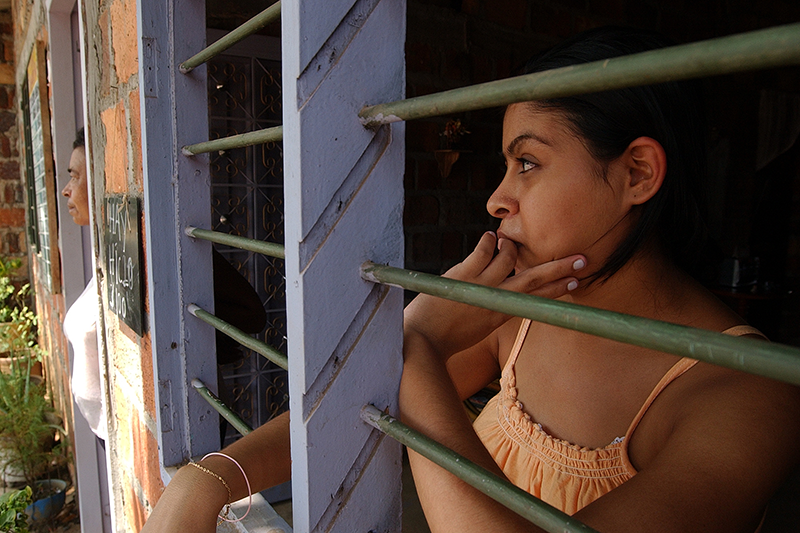
In Central America and the Dominican Republic,
9 out of every 10
victims of crime sexual crimes
are women and girls.
Violence affects families and the economy, generating high social and economic costs. Although 78 per cent of countries commit funds to combat violence, effective integration of key sectors is not yet clear.
According to InfoSegura data, allocations for programmes and policies linked to helping women have represented, on average, 1.5% of the general state budget in El Salvador (2022), 4.7% in Honduras (2020) and 7.8% in Guatemala (2021).
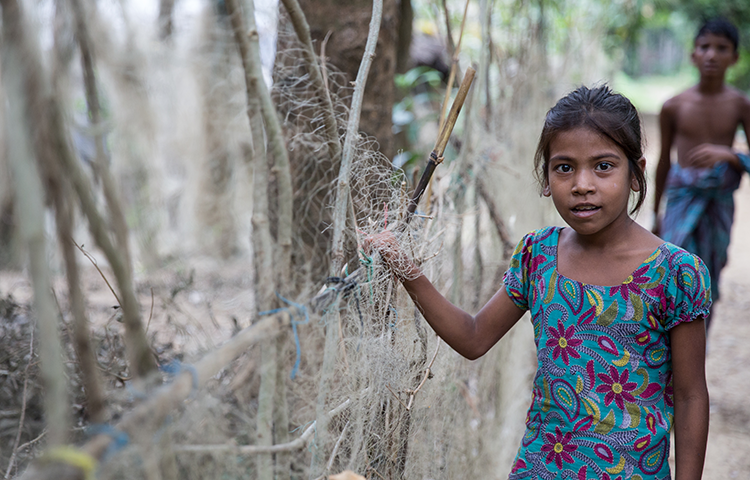
1 in 5
Nearly the ages of 20 and 24 married
before their eighteenth birthday
in 2021 in Central America and the Dominican Republic.
INFOSEGURA
IN ACTION
AGAINST
VIOLENCE
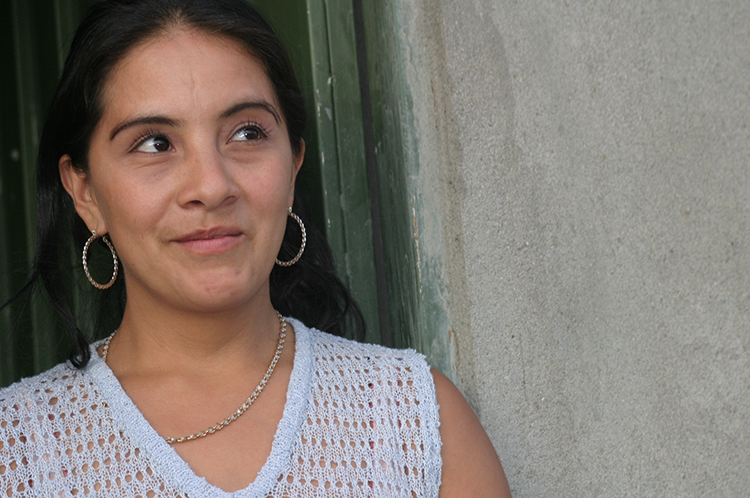

GIRLS
AND YOUTH
The alarming rise in violence against adolescents and girls calls for urgent action by society and the authorities to protect the younger generation and ensure a safe environment in which they can grow and develop to their full potential.
One in four adolescents aged 15 to 19 has experienced physical or sexual violence by a spouse or partner.
Fifteen million adolescents between the ages of 15 and 19 have experienced forced sex worldwide.
In Honduras and Guatemala in 2021, one report was filed daily for trafficking women and girls.
InfoSegura data note that every day in 2021, in Guatemala, four women and girls were reported missing. In El Salvador, two a day were reported missing.
The proportion of women between the ages of 20 and 24 married before the age of 18 was almost one in four in 2010, compared to one in five (19%) in 2022.
